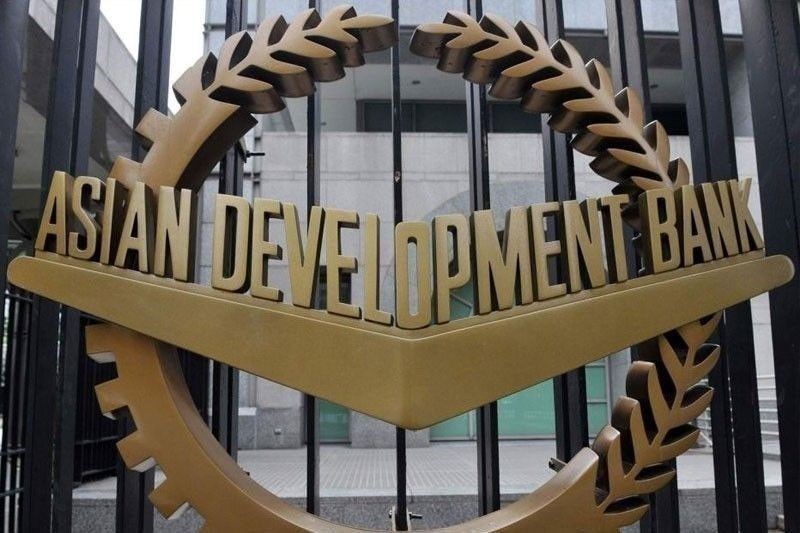ADB aligns Philippines business plan with pandemic efforts

MANILA, Philippines — The Asian Development Bank (ADB) will be aligning its new business plan for the Philippines with the government’s sequenced approach to pandemic recovery.
ADB country director for the Philippines Kelly Bird said the proposed Country Operations Business Plan (COBP) for 2021-2023, which will be published in October, is being crafted in accordance with the relief, rebuild and recovery approach of the government.
The COBP is a three-year rolling program of the multilateral bank’s lending operations, technical assistance and knowledge products and services. The present COBP covers the 2020-2022 period.
“We are currently undertaking discussions now with the government regarding the next COBP 2021-2023. We are aiming for publishing this document in October,” Bird said during a briefing of the Philippine Infrastructure and Construction Club.
“The current business plan that we are preparing for 2021-2023 will be adjusted so that it incorporates the government’s strategy for fighting the COVID-19 pandemic. The government has its sequenced approach and ADB’s COBP will be adjusted to be aligned to that.”
The new COBP will have a greater focus on the recovery phase of the pandemic response after the initial response provided by the lender for social protection, health sector and other fiscal support.
Under the recovery phase, the government wants to focus on infrastructure investments with high multiplier effect to support economic and employment recovery.
The country likewise wants to invest further in the health system and widen universal health coverage.
Funding to support a number of structural reforms for infrastructure and long term investments, promoting local economic development, and human capital development is also sought.
“In the recovery phase, our programs will be supporting structural reforms of the government. Particularly important of course are infrastructure investments and we will be focusing on those infrastructure investments which we think will have high fiscal multipliers, those that have maximum impact on economic growth and employment,” said Bird.
“For example, railway investments. We believe that $1 billion of investments in railways will lead to $1.5 billion in gross domestic product over two to three years. We also believe that the employment multipliers can be significant. Anywhere between three times of the direct employment created by railway investments.”
For this year, the Manila-based bank pipelined 11 projects worth $4.2 billion, including those crucial to pandemic response.
This will be a record lending for the Philippines, coming from $2.5 billion total lending last year, and preceding an indicative lending program of $4.1 billion for next year.
Bird noted that in subsequent years, lending levels for the Philippines would return to a level of $2 billion up to $3 billion annually.
ADB’s lending to the Philippines has increased significantly from an average of $800 million annually from 2011 up to 2017.
In the current, COBP, infrastructure investments have been rebalanced to account for 70 percent of lending operations with increased focus on Visayas and Mindanao.
- Latest
- Trending



























